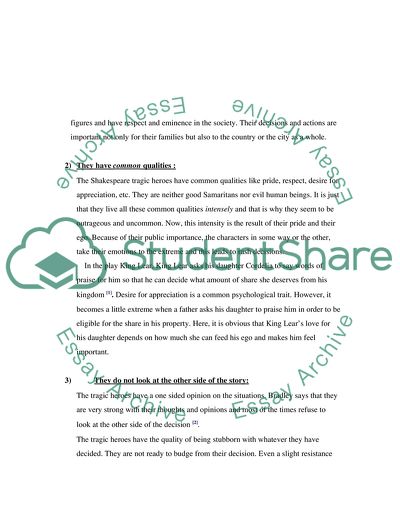Cite this document
(Father figure's tragic hero traits Book Report/Review, n.d.)
Father figure's tragic hero traits Book Report/Review. https://studentshare.org/literature/1718734-father-figures-tragic-hero-traits
Father figure's tragic hero traits Book Report/Review. https://studentshare.org/literature/1718734-father-figures-tragic-hero-traits
(Father figure'S Tragic Hero Traits Book Report/Review)
Father figure'S Tragic Hero Traits Book Report/Review. https://studentshare.org/literature/1718734-father-figures-tragic-hero-traits.
Father figure'S Tragic Hero Traits Book Report/Review. https://studentshare.org/literature/1718734-father-figures-tragic-hero-traits.
“Father figure'S Tragic Hero Traits Book Report/Review”. https://studentshare.org/literature/1718734-father-figures-tragic-hero-traits.


